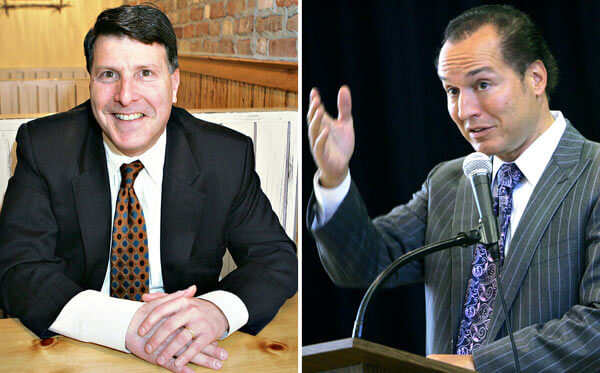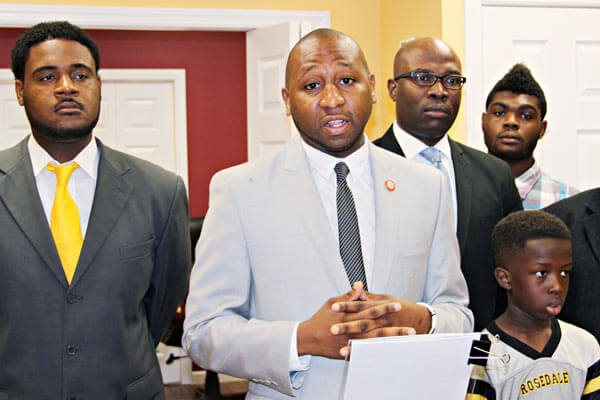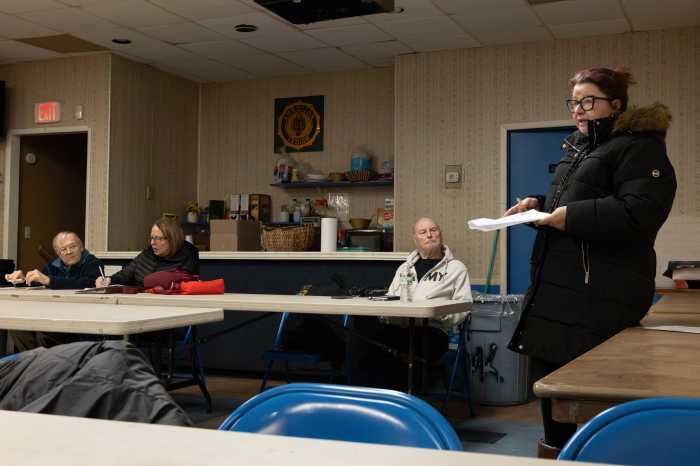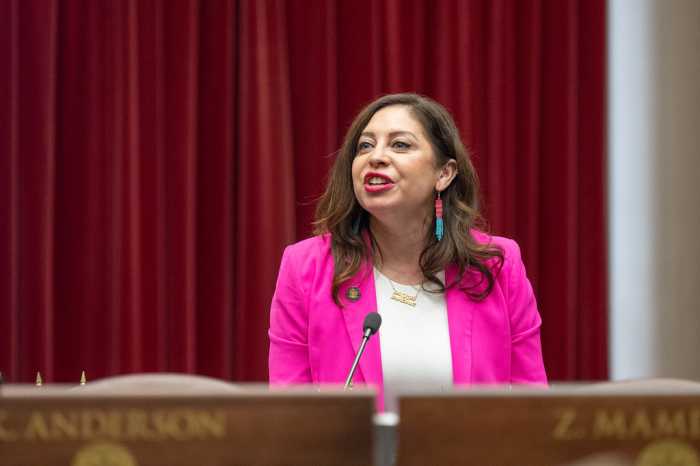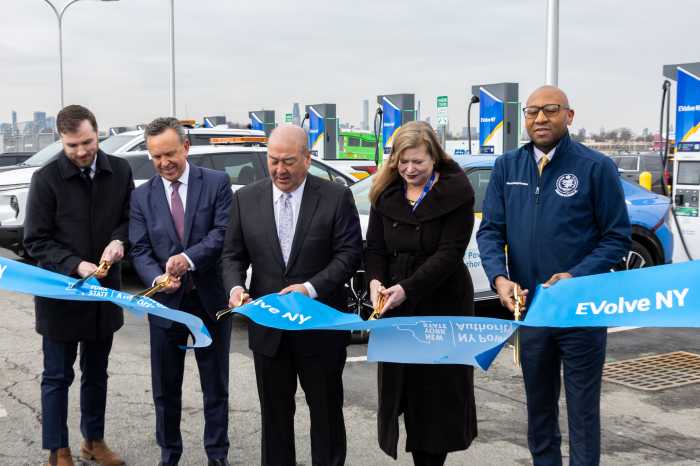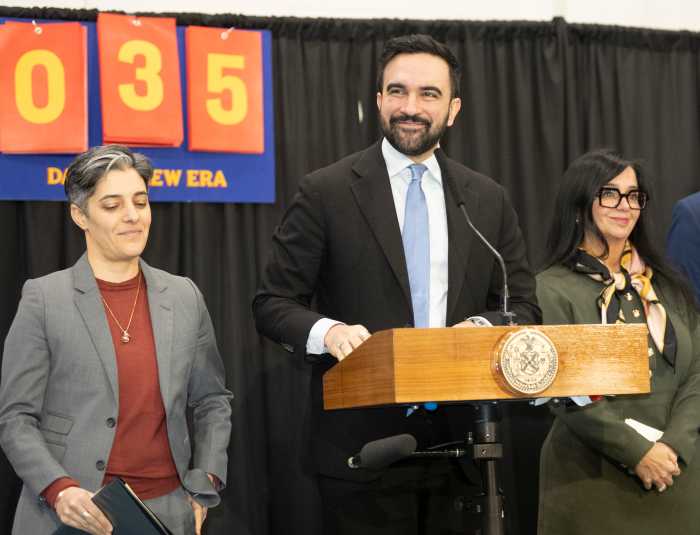By Rich Bockmann
Queens lawmakers dug in their heels this week over a controversial anti-profiling bill that would allow individuals to sue the city in state court over the NYPD’s stop-and-frisk practices.
Mayor Michael Bloomberg has promised to veto the Community Safety Act, which would create an inspector general to oversee the Police Department and expand on the definition of bias-based profiling. The more contentious part of the act, a bill which would allow alleged victims of profiling to sue the city, passed with the bare minimum 34 votes that would be needed to override the mayor’s red pen.
Bloomberg and the profiling bill’s opponents have vowed to turn at least one of those yeas into a nay.
“Our side — and that’s the side of good — we need one person to re-examine the merits here and change their vote to uphold a mayoral veto,” said City Councilman Peter Vallone Jr. (D-Astoria). “We’re going to be working hard the next week or so to educate people as to what this bill actually does.”
Queens Council members Liz Crowley (D-Middle Village), James Gennaro (D-Fresh Meadows), Dan Halloran (R-Whitestone), Peter Koo (D-Flushing), Karen Koslowitz (D-Forest Hills) and Eric Ulrich (R-Ozone Park) joined Vallone in voting against the bill, with the seven other members of the borough’s delegation voting in favor.
The Council introduced the act in June 2012after the New York Civil Liberties Union released a report showing the number of stop-and-frisks had climbed 600 percent during the first 10 years of the Bloomberg administration, reaching nearly 700,000 in 2011.
During that time, young, innocent black and Latino men were stopped at a disproportionately high rate — a statistic that critics have pointed to as evidence of racial profiling by the NYPD.
The mayor and Police Commissioner Ray Kelly, however, have argued that minorities are actually under-stopped when compared to the descriptions of criminal suspects, with Bloomberg recently going so far as to say the city stops too many whites.
That argument — whether or not the number of stops should be held up against the general population — is at the heart of the profiling bill.
It states that an individual can sue claiming an NYPD policy has had a “disparate impact” on a group, but says the “mere existence of a statistical imbalance” alone does not prove profiling exists.
An alleged profiling victim would have to prove that stops should be compared to the general population and that a police policy is singling out a group.
“It doesn’t mean that if the data shows a disproportionate impact, case over,” said Candis Tolliver, a senior organizer with the NYCLU. “The NYPD will have to prove this is the only way to keep people safe. If the government or the NYPD cannot prove there’s no other way without effective discrimination, then the courts will tell the NYPD they have to do it another way.”
Vallone, however, argues that the bill too broadly identifies the groups and said it unfairly puts the NYPD in the position to evaluate all other alternatives.
“This is going to be a sea-change in the amount of lawsuits it leads to,” he said. “The ultimate goal here with all this legal language is that the courts are going to take over the NYPD.”
Councilman Mark Weprin (D-Oakland Gardens) voted for the bill, but said he thinks more than anything it sends a message to Bloomberg, whom he questioned for so ardently defending the controversial police policy.
“I don’t know why the mayor is refusing to look at the facts in this case,” he said. “I don’t know why he’s so upset about this. I think the bills do very little.”
The mayor has until July 24 to ax the bill, and so far its supporters seem to be standing firm.
Councilman Donovan Richards (D-Laurelton) said he has little to fear from Bloomberg’s politicking, as most of his southeast Queens constituents have some experience with stop-and-frisk.
“These are some of the cases we’re speaking of: when you’re stopped for no reason, you’re just being profiled because you may have a certain skin color, and that’s just a reality here,” he said.
Reach reporter Rich Bockmann by e-mail at rbockmann@cnglocal.com or by phone at 718-260-4574.

